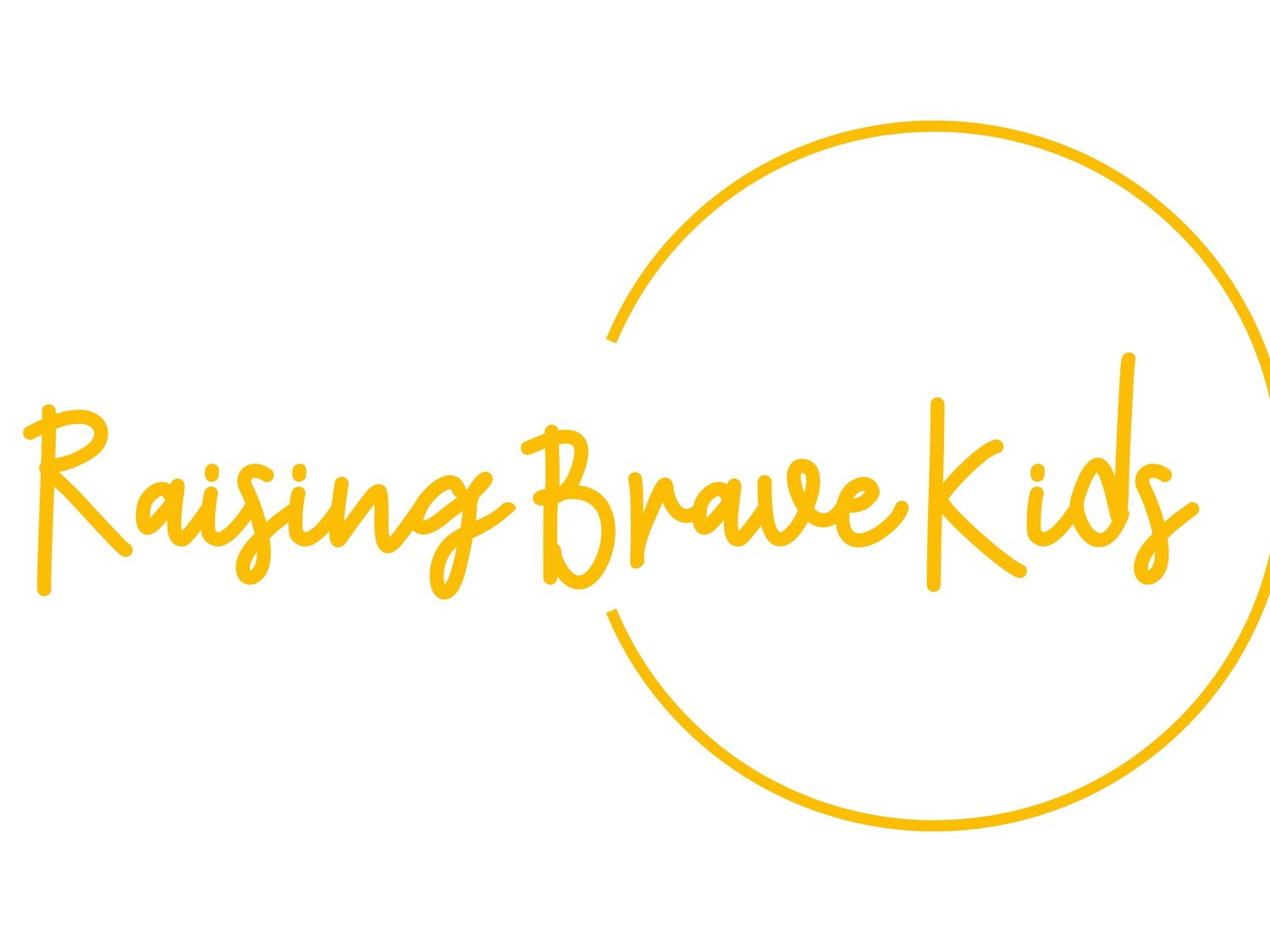Supporting Your Child Through Anxiety: Insights & Strategies for Families
Understanding Your Child's Anxiety: Insights and Strategies for Families
Witnessing your child grappling with anxiety can be a heart-wrenching experience for any parent. It's a journey that often feels isolating and fraught with uncertainty. You may find yourself constantly on edge, trying to navigate the delicate balance between nurturing your child and inadvertently reinforcing their anxieties. The questions loom large: How do you support without enabling? How can you ensure you're guiding them toward resilience rather than dependency? It's a nuanced path, but by deepening your understanding of anxiety and embracing informed strategies, you can provide meaningful support to your anxious child, fostering a supportive family environment where every member thrives.
Delving into the Heart of Anxiety
Anxiety, by its nature, is complex and multifaceted, affecting thoughts, emotions, and behaviors. For children, who often lack the vocabulary and self-awareness to articulate their feelings, anxiety can be particularly bewildering. Recognizing the signs—whether they manifest as physical symptoms, avoidance behaviors, or emotional distress—is the first step in providing support. By understanding that these behaviors are manifestations of underlying anxiety, you can approach your child with empathy and patience, validating their feelings while guiding them toward coping strategies. Learn more here about the signs of anxiety in children.
Strategies for Supporting Your Child
Empathy & Validation First: Acknowledging your child's fears without immediate dismissal lays the foundation for open communication. It tells your child that their feelings are valid and that they're not alone in their struggle. Statements like “I see this is really tough for you” or “It's got to be really hard feeling this upset.”
Education and Empowerment: Knowledge is power. Educating yourself and your child about anxiety helps demystify their experiences. Discussing triggers, symptoms, and coping strategies in age-appropriate language can empower your child and reduce the fear surrounding their anxiety. Here are some of our most loved resources.
Gradual Exposure: Rather than avoiding anxiety-inducing situations altogether, introduce structured challenges that encourage your child to face their fears incrementally. This approach, often guided by a professional, helps build resilience and coping skills over time.
Consistent Routines: Providing a predictable environment can significantly alleviate stress for an anxious child. Consistency in daily routines and clear expectations sets a reassuring backdrop against which your child can navigate their anxiety more confident.
Setting Kind Limits: It's essential to set boundaries around avoidance behaviors in a way that respects your child's feelings but also encourages them to grow. For instance, if your child is anxious about attending a birthday party, a kind limit might involve agreeing they will attend for a minimum period before deciding if they feel comfortable staying longer. This approach acknowledges their anxiety while encouraging them to engage with challenging situations.
Family Involvement: Make anxiety a family matter. By involving siblings and other family members in understanding and supporting the anxious child, you foster a nurturing environment where the child feels supported and understood by the whole family.
The Role of Professional Support
While these strategies offer a starting point, the guidance of a mental health professional can be invaluable. A therapist specializing in child anxiety can offer tailored strategies that consider your child's unique needs and the dynamics of your family. Therapy can also provide your child with a safe space to explore their feelings and learn coping mechanisms, potentially including cognitive-behavioral techniques, mindfulness, and relaxation strategies.
Nurturing Resilience and Growth
Supporting your anxious child is a journey marked by challenges, but also profound opportunities for growth and connection. By approaching this journey with understanding, patience, and informed strategies, you can help your child navigate their anxiety with confidence. Celebrate the small victories and the incremental progress. Each step forward, no matter how small, is a testament to your child's resilience and the strength of your family's support.
In conclusion, understanding your child's anxiety and employing strategic, empathetic approaches can transform the daunting challenge of anxiety into an opportunity for growth and deeper family connections. Remember, you're not alone on this journey. With the right support and strategies, you and your child can navigate the complexities of anxiety together, building a foundation of resilience, confidence, and unconditional love.
